In this article, I summarize the top 10 most-read articles in 2023 on my website as below: What are C/U/M/S Fronthaul (FH) Planes in ORAN? https://lnkd.in/d4Ts_kfJ Why 7.2x split is […]


Open RAN by disaggregation involves CU (Centralized Unit) and DU (Distributed Unit) virtualization. By decoupling hardware and software, Open RAN makes it possible to select different vendors and solutions for […]

RAN (Radio Access Network) is the main telecommunication network component that is located between the core network and users’ equipment (such as a mobile phone). RAN is constituted of a […]
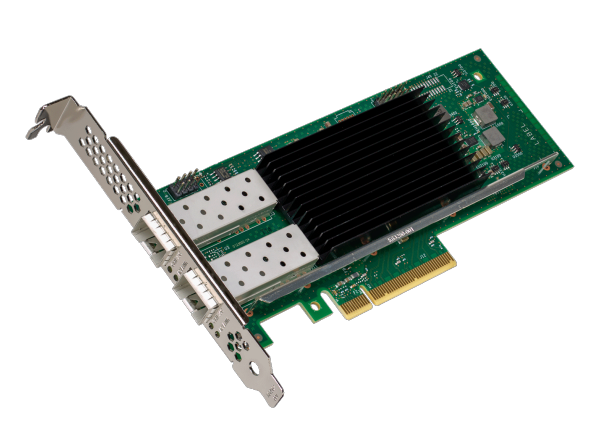
In order to meet the 5G network timing requirements, there is a significant challenge. The challenge is 5G performance requirements driving precise timing needs from cloud to edge. The legacy […]
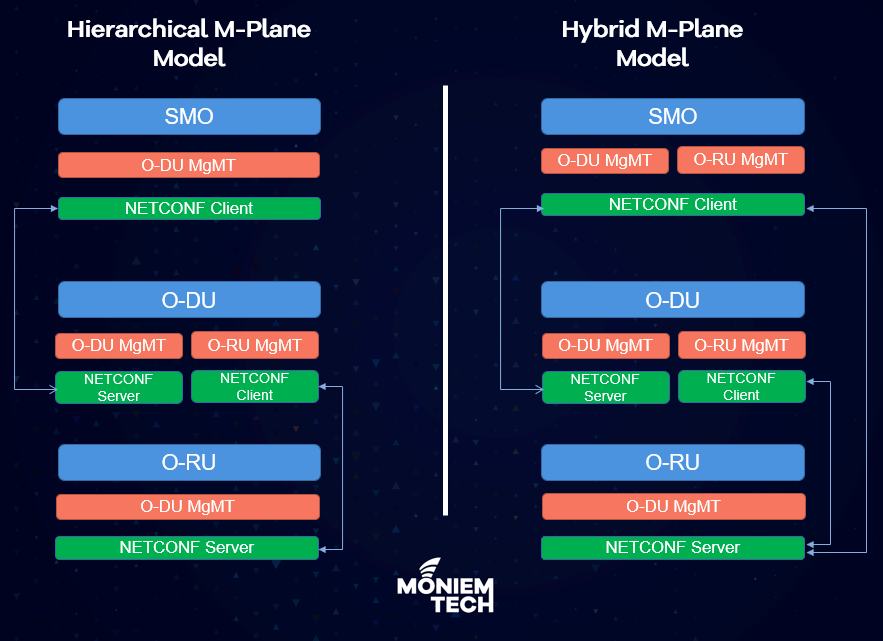
First, to understand the function of the fronthaul M-Plane, let’s remember the Fronthaul Planes, Please read this and continue. What are C/U/M/S Fronthaul (FH) Planes in ORAN ? What is […]

The RAN has been considered the most expensive part of network deployment. RAN consists of around 60-70% of the network Capex. The Open RAN (Open Radio Access Network (RAN) Journey […]
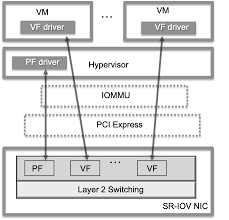
Single Root I/O Virtualization (SR-IOV) is a specification that allows a single Peripheral Component Interconnect Express (PCIe) physical device under a single root port to appear as multiple separate physical devices […]
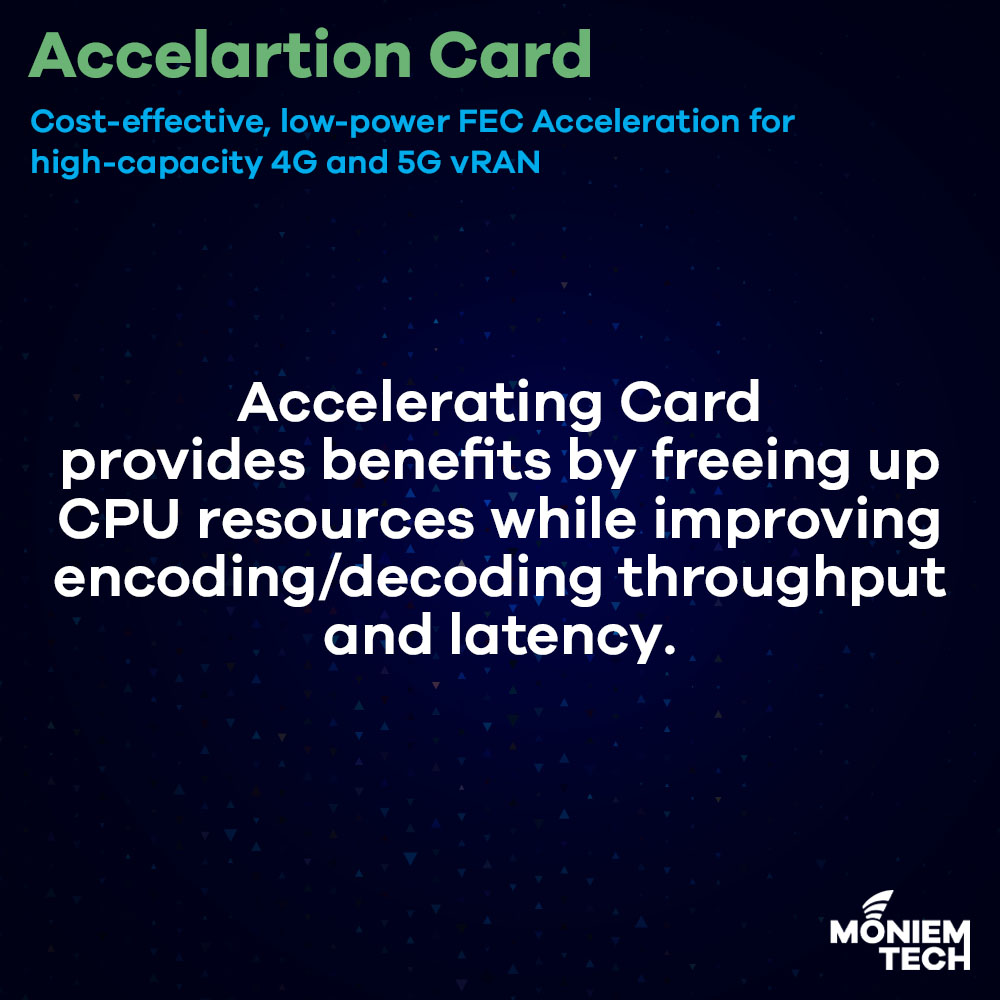
On the road to 4G and 5G, MNO (Mobile Network Operators (MNOs) started to think of vRAN (Virtual RAN) and Open RAN, the main difference between them you can find […]
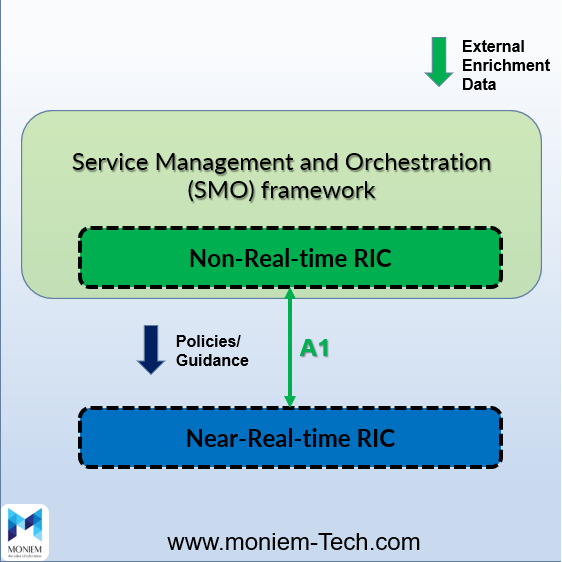
In this article, I’d like to give more focus on a powerful component in the Open Radio Access Network (Open RAN) Architecture that will make an amazing shift in the […]
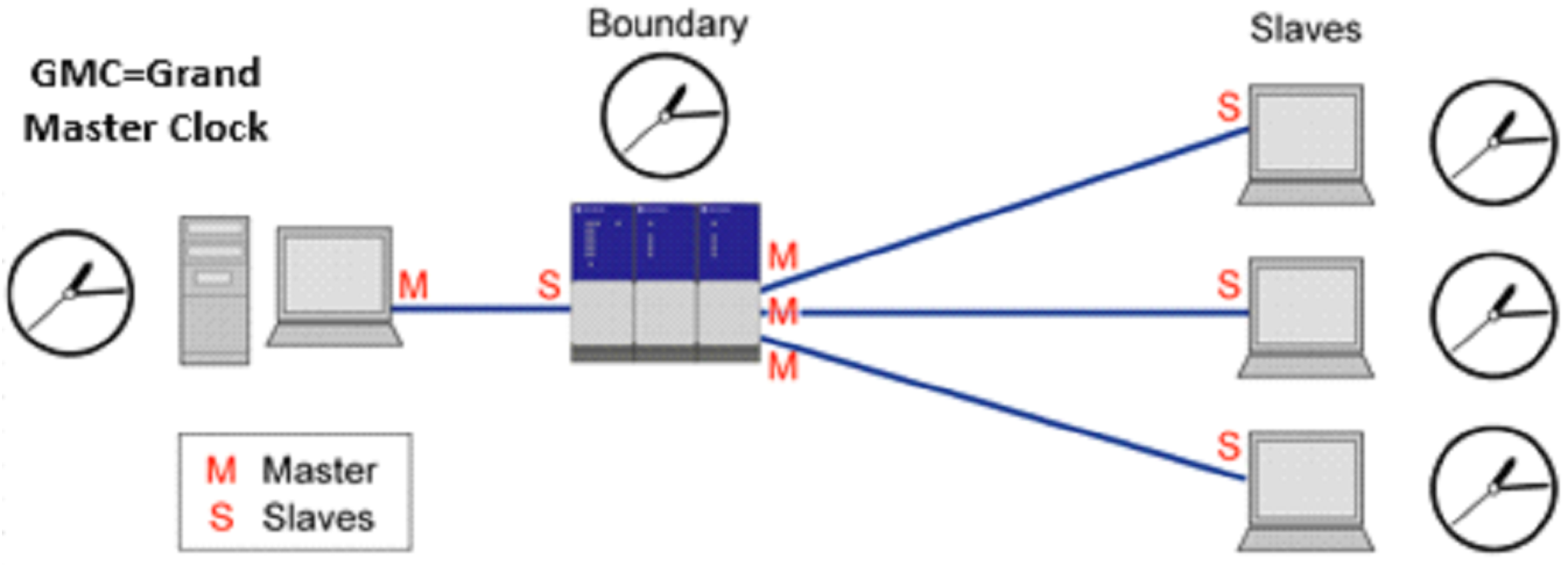
Introduction Several time synchronization mechanisms can be used in a network. The most common standards are Network Time Protocol (NTP) and Precision Time Protocol (PTP). NTP, which is the older, […]
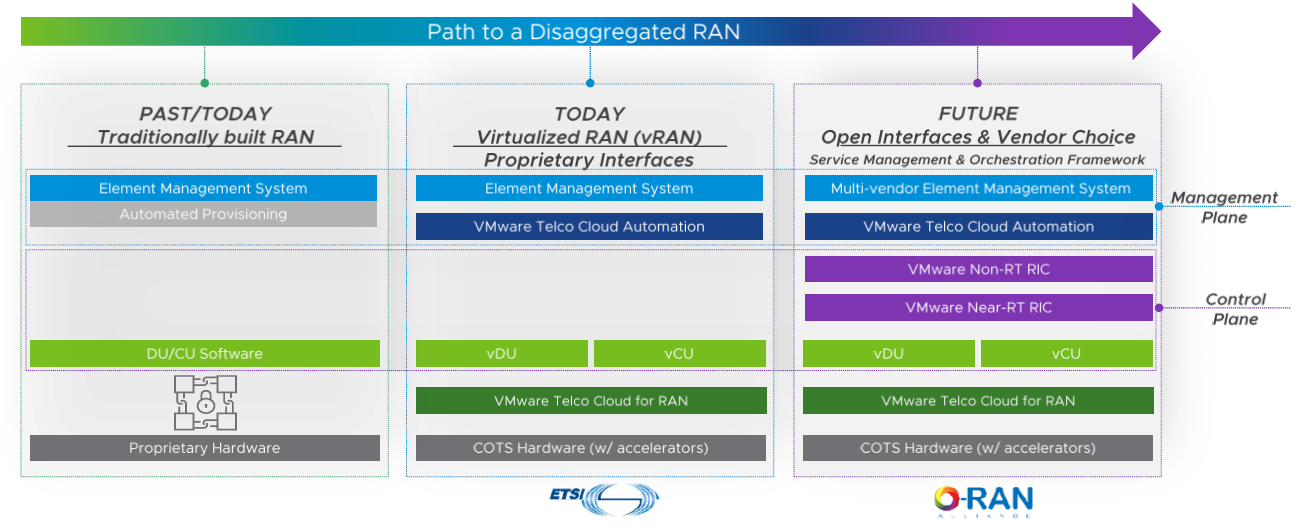
The Road to Open RAN is not easy one, there are a series of steps should be taken before migration or starting design the network architecture based on Open RAN. […]
